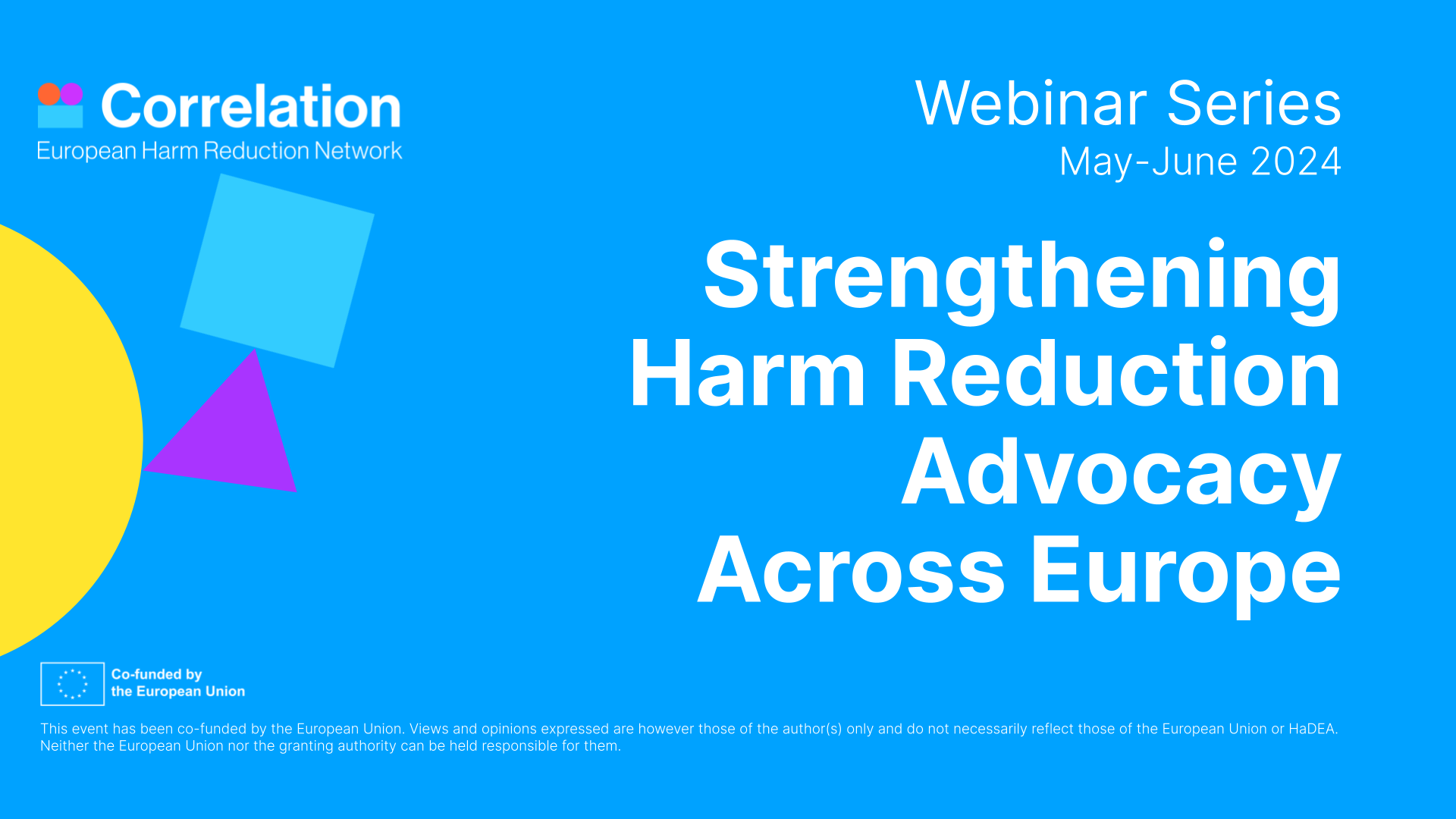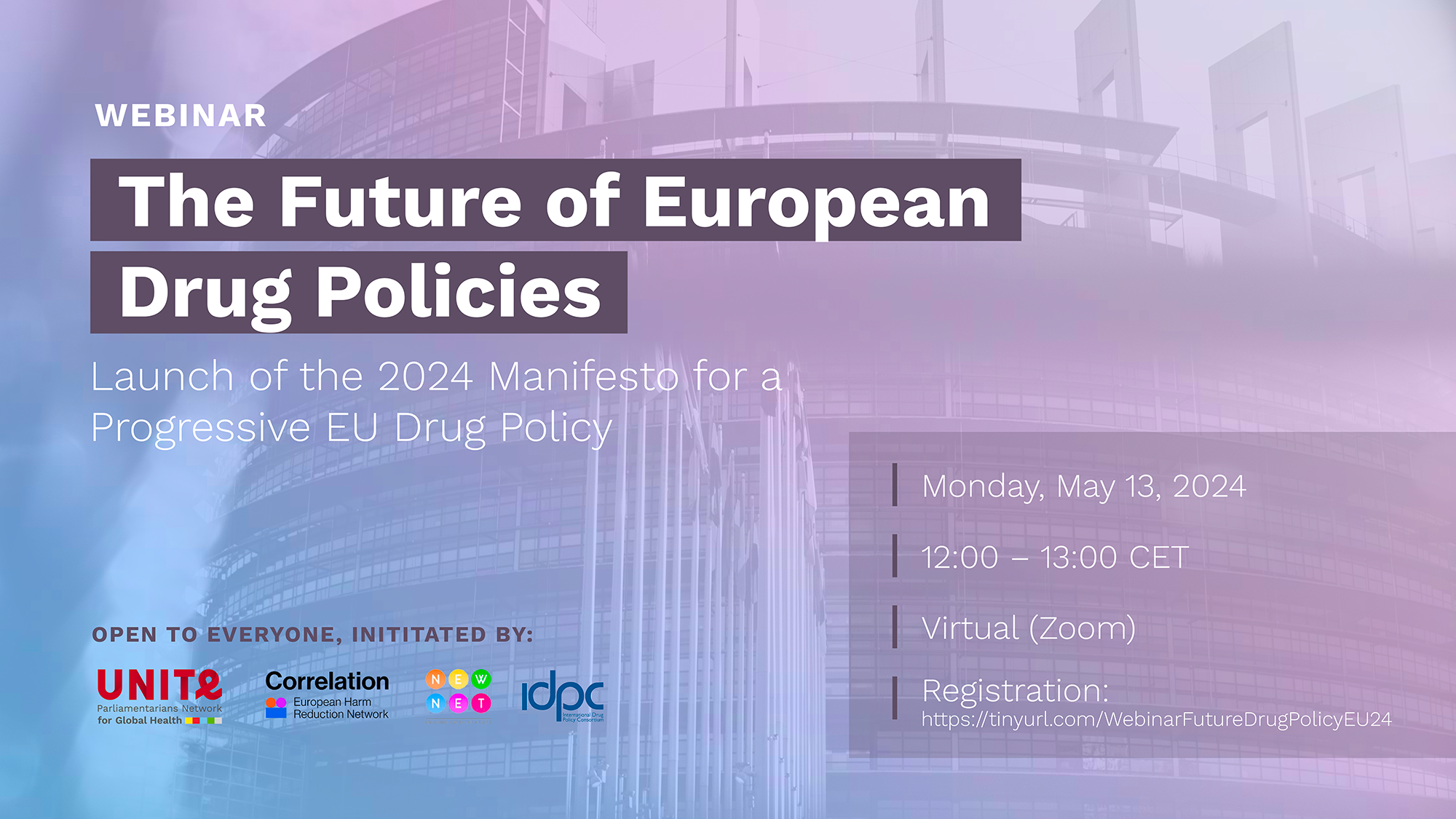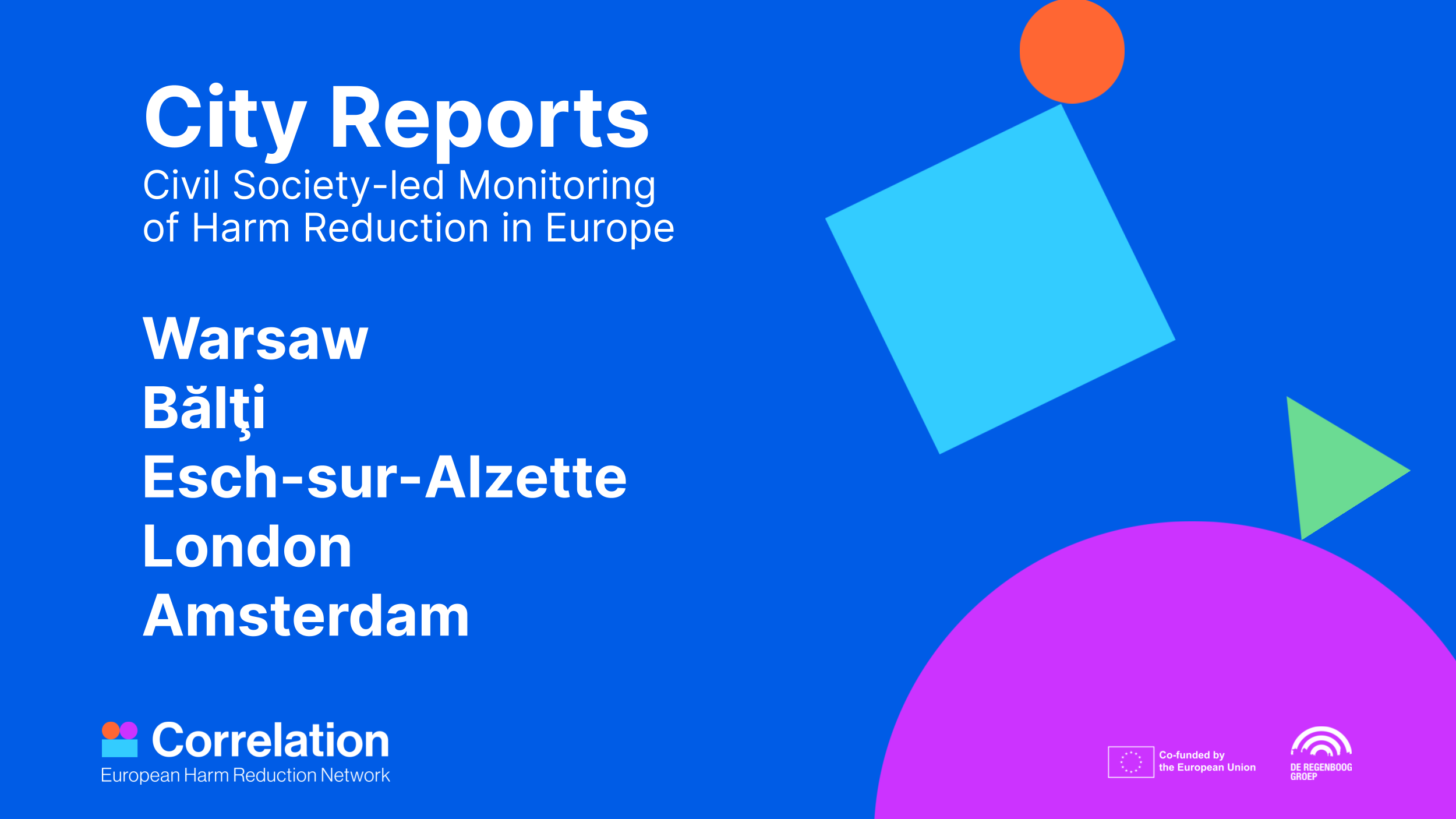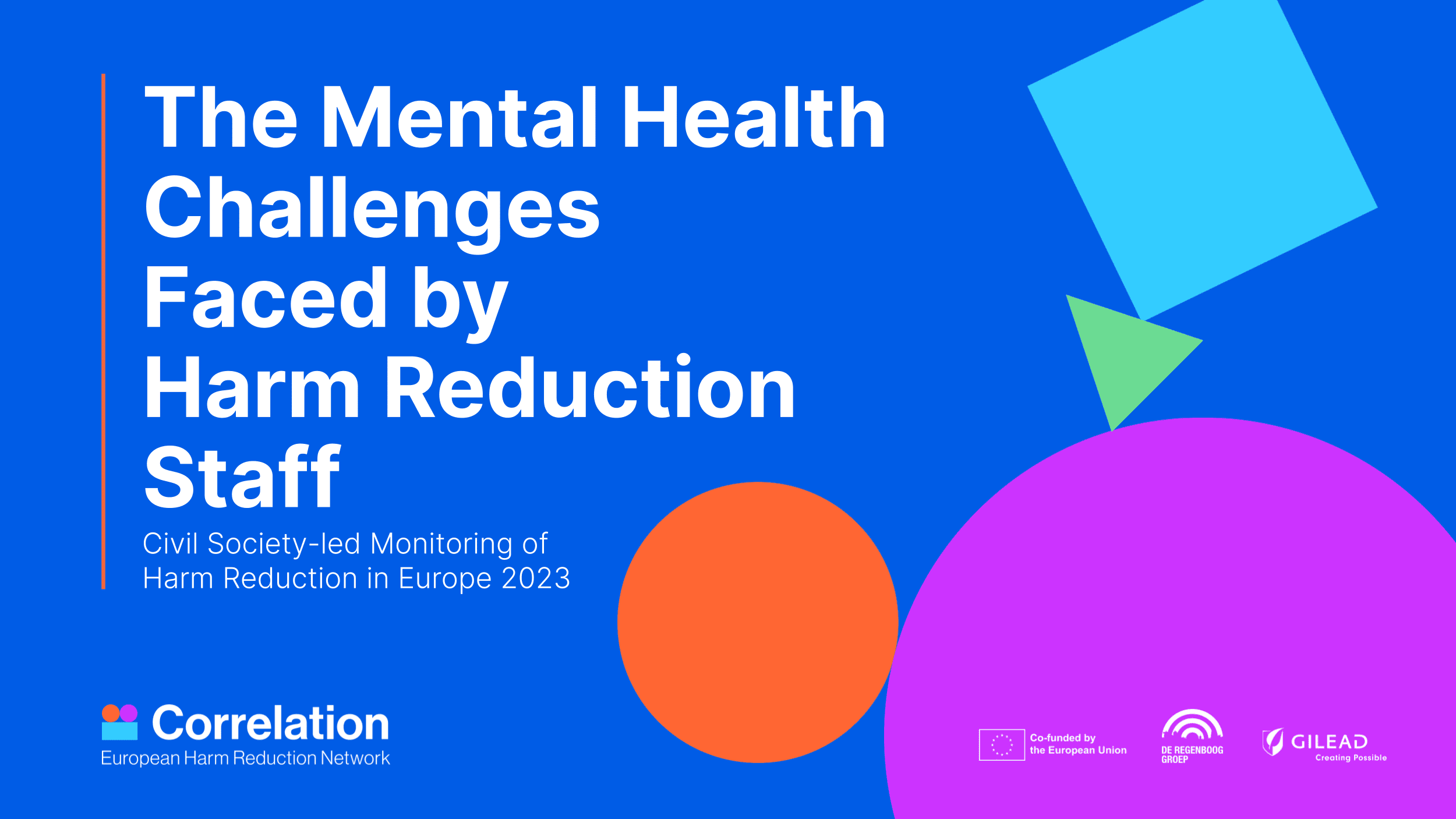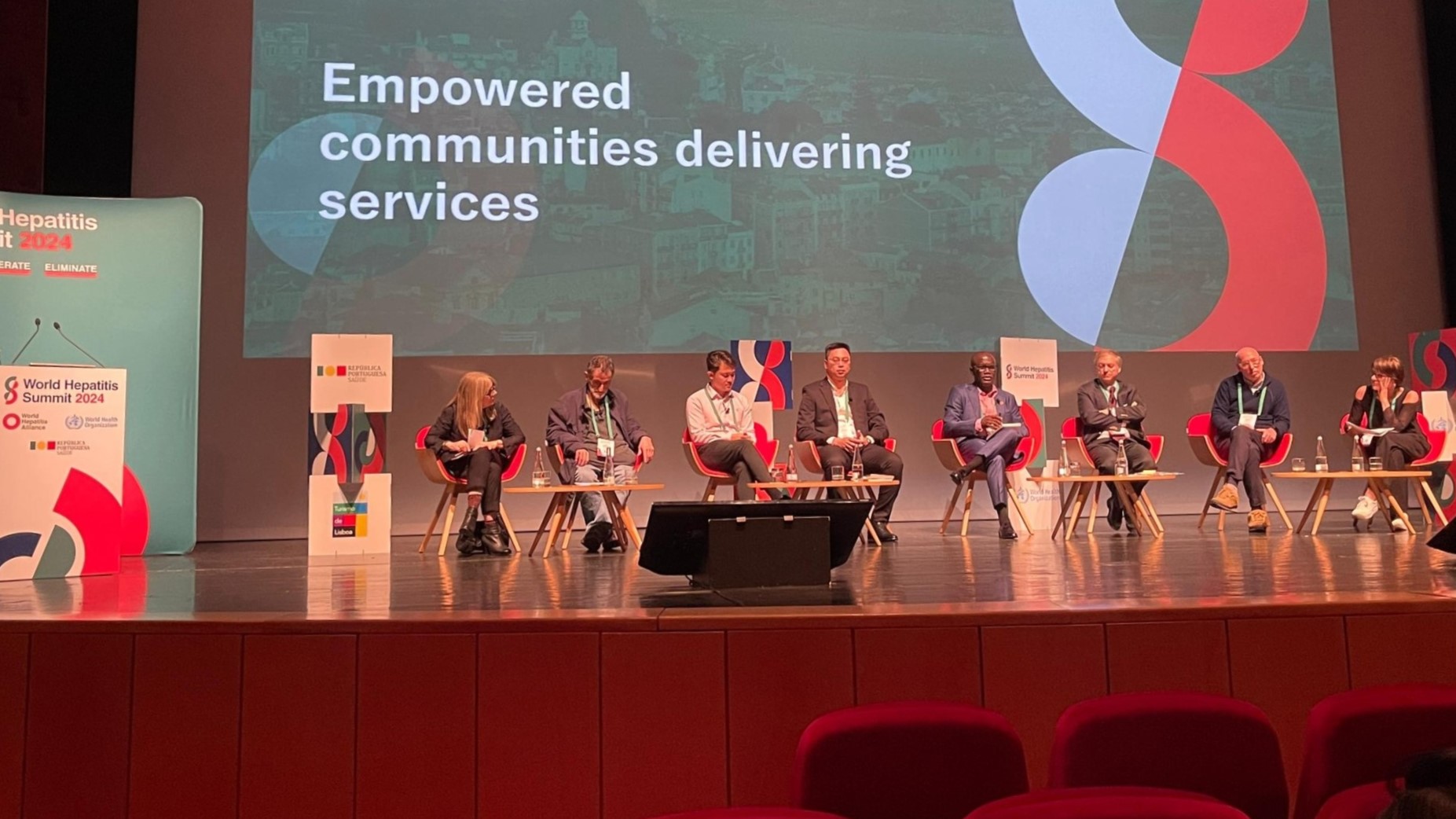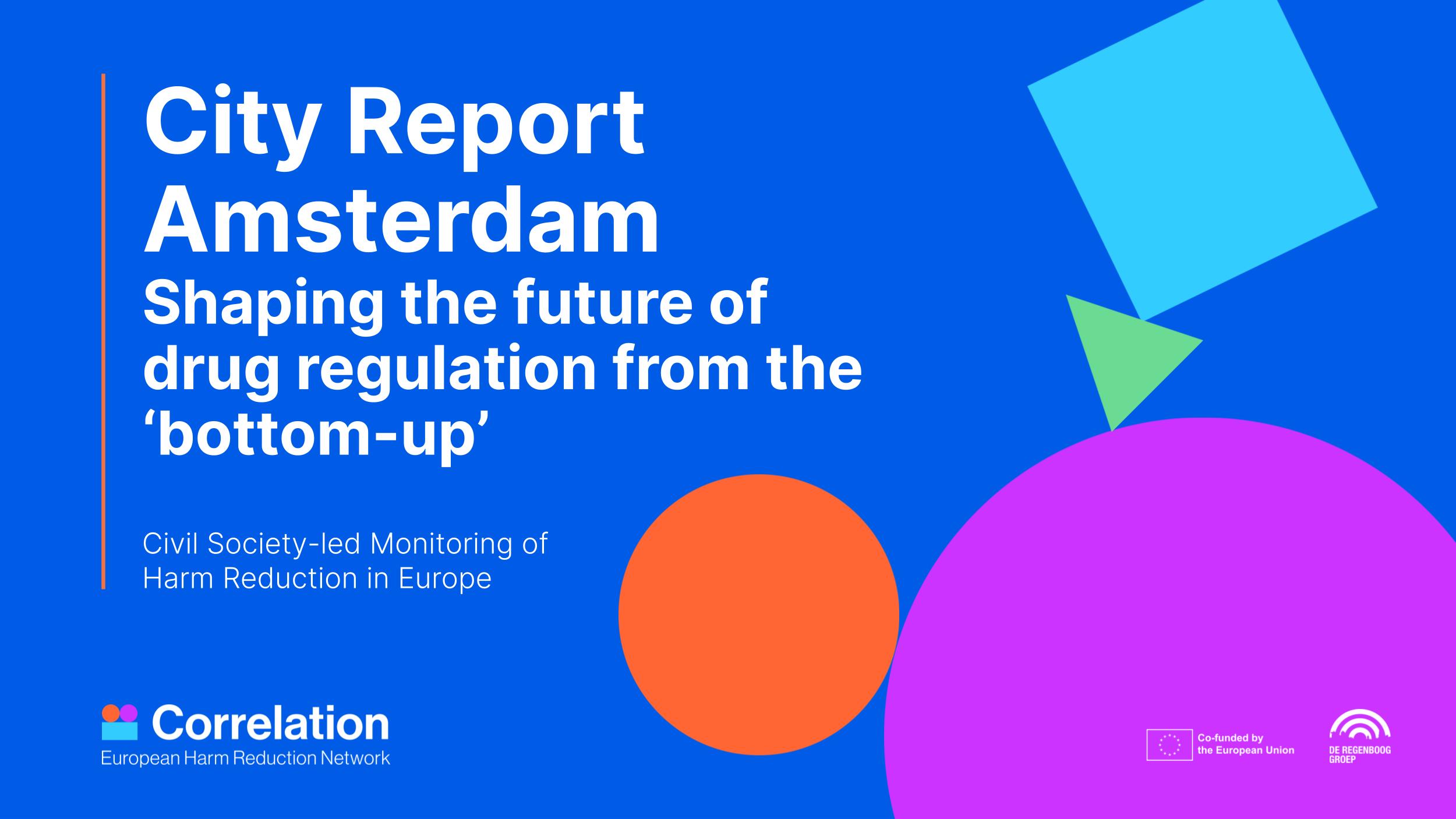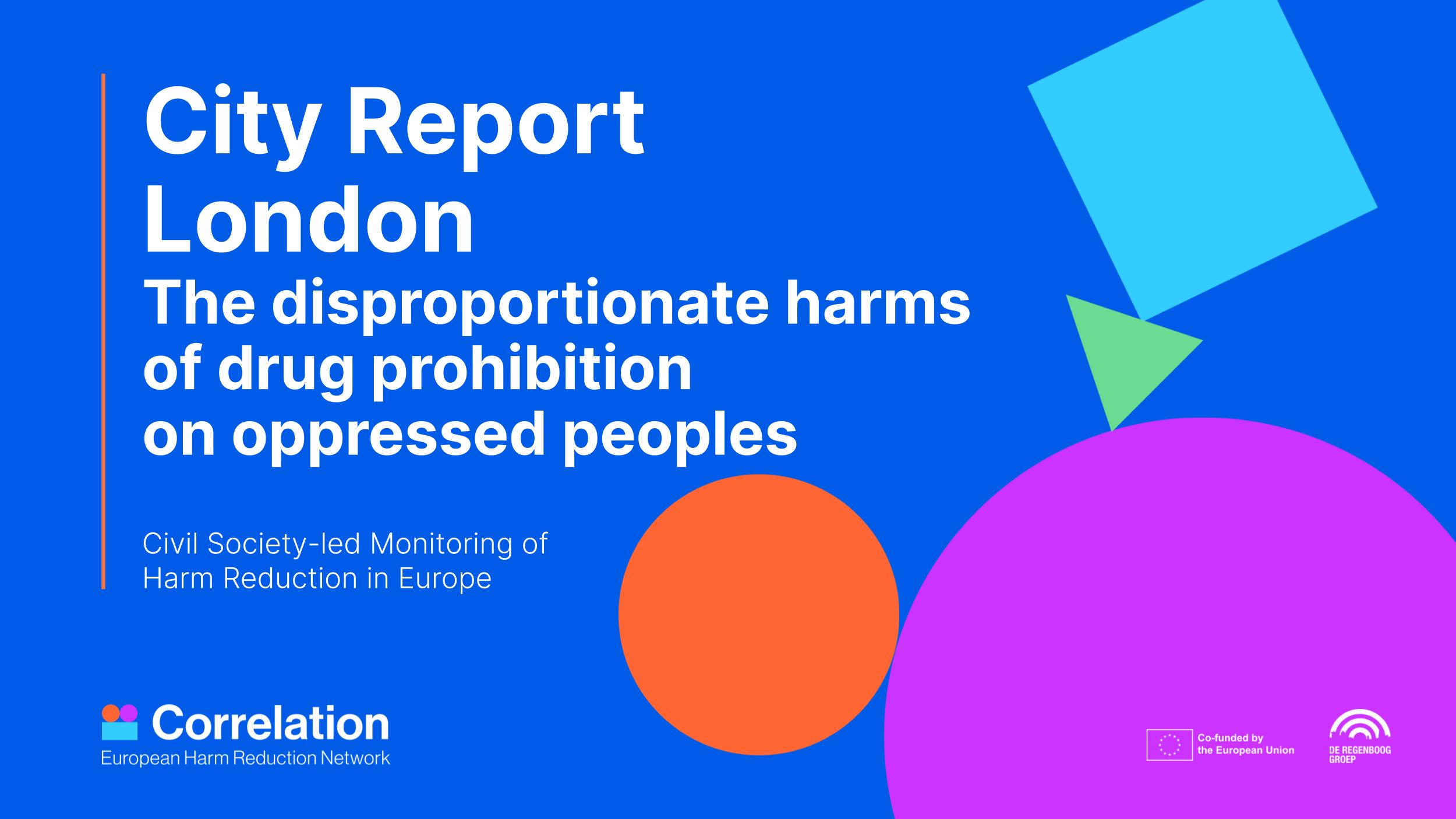On January the 5th, 2023, Femke Halsema, Mayor of Amsterdam, published an opinion in The Guardian on the need for a global shift in our current approach to drug policy. In the article, Mayor Halsema backs up her call by announcing an international conference this month exploring alternatives to prohibition, with a strong focus on drug market regulation. At C-EHRH, we fully support this call, joining Mayor Halsema in this step forward as partners in the event.
Currently, there is a growing consensus that the so-called war on drugs has not only failed in its own goals but has been a vast drain on public resources and often actively counterproductive. $100 billion is spent on global drug law enforcement every year, whereas just $131 million is spent on harm reduction (1). This means that we spend more than 750 times the amount on punitive responses than we do on life-saving services for people who use drugs.
Punitive responses are not only ineffective at reducing drug use and sales. The ongoing criminalization, stigmatization, and marginalization of people who use drugs and the refusal to consider regulated approaches to drug markets to control the toxic supply has made drugs riskier, incentivized higher-risk behaviours, created obstacles to adequate health and human-rights-based care services, fuelled organized crime and violence against marginalized communities and contributed to insecurity and devastating public health crisis.
Recently, there have been notable shifts in the global public debate towards transformative drug policy change. In September 2023, the UN High Commissioner for Human Rights released a landmark report recommending that States consider the regulation of drugs to tackle the links with organized crime and insecurity. Also, the UN has recognized the criminalization of drugs as “proven to have negative health outcomes” and to “counter established public health evidence.” (2) The EU Drug Strategy 2021-25 has highlighted the importance of drug policy based on public health (3) and the Global Commission on Drug Policy has called for the decriminalization of drug use as an essential precursor to ending HIV and viral hepatitis as public health threads (4).
Mayor Halsema’s opinion article not only continues this paradigm shift from ideological and punitive approaches towards policies based on evidence, health, and human rights, but It also exemplifies the leading role that cities can play in bridging the disconnection between discourse and policy action by focusing on how – and not if – regulation of the drug market can be achieved.
We at C-EHRN fully support this initiative and celebrate Mayor Haselma’s commitment to continuing the city’s legacy of innovation and cooperation among European cities to develop more pragmatic and less prohibitionist drug policies.
Mitigating harm is not easy. A key message from the 2023 European Drug Report analysis is that the impact of illicit drug use is now seen almost everywhere in our society (5). As a civil society organization working in policy and harm reduction, representing more than 360 members, we know that without bold and broader social and health reforms, decriminalization and legal drug regulation alone won’t fully ensure people’s well-being. Equally, without a solid commitment to embedded and prioritized principles of social justice, equity and human rights, we risk replicating inequities and injustice.
For this reason, as partners of the conference, C-EHRN appreciates this opportunity to further cooperation, to be innovative and ambitious, to do things differently and better, and to help repair the harms of past policy failings. Key elements in achieving this ambition include:
Improving access to and availability, coverage, and quality of Harm Reduction services
Many harm reduction organizations operate on the front lines, providing crucial services to marginalized communities affected by drug use. Despite their significant impact, these organizations often face legal challenges and lack formal recognition. To enhance the effectiveness of harm reduction efforts, it is imperative to advocate for the legal recognition of these civil society organizations as official service providers. This recognition could take the form of legislative measures that explicitly acknowledge and validate the role of harm reduction organizations as part of a balanced drug policy, ensuring they receive the support and resources needed to carry out their vital work. Additionally, establishing social contracting mechanisms can formalize partnerships between these organizations and relevant authorities, fostering collaboration and sustainability.
Implementing equity programs that facilitate and empower marginalized communities
Recognizing the disproportionate impact of drug policies on marginalized communities, it is crucial to implement equity programs aimed at addressing systemic inequalities. These programs should go beyond the surface level and actively empower marginalized communities by providing equal access to healthcare, education, and employment opportunities. Also, they are given equal opportunities to shape and implement policies and programs, recognizing their wealth of knowledge, experience, and leadership.
Tailored initiatives, taking into account the unique challenges faced by these communities, can contribute to breaking the cycle of marginalization perpetuated by current drug policies. By prioritizing equity, cities can pave the way for inclusive, just, and effective harm-reduction strategies that consider the specific needs of diverse populations.
Prevent the emergence of monopolies and corporate capture.
As drug policies evolve, there is a risk of corporate interests dominating the landscape, potentially leading to monopolies that prioritize profit over public health. It is essential to proactively prevent such scenarios by implementing regulatory frameworks that ensure a diverse and competitive landscape. Measures should include strict regulations on market entry, preventing undue influence from powerful corporations. By actively engaging in policy discussions, harm reduction advocates can contribute to shaping regulations that prioritize public health, prevent monopolies, and uphold the principles of equity and justice in the evolving landscape of drug policy.
(1) Provost, C. et al (2023) Aid for the war on drugs. London, Harm Reduction International. https://hri.global/wp-content/uploads/2023/09/HRI_Aid-for-the-War-on-Drugs_Final-1.pdf
(2) https://www.who.int/en/news-room/detail/27-06-2017-joint-united-nations-statement-on-ending-discrimination-in-health-care-settings
(3) https://www.emcdda.europa.eu/system/files/attachments/13642/Council%20of%20the%20EU%20%282020%29%20EU%20Drugs%20Strategy%202021-25.pdf
(4) https://www.globalcommissionondrugs.org/ahead-of-world-aids-day-global-commission-on-drug-policy-new-report-says-the-hiv-and-hepatitis-epidemics-cannot-be-ended-without-drug-policy-reform-and-the-real-participation-of-people-who-use-drugs
(5) https://www.emcdda.europa.eu/publications/european-drug-report/2023_en

